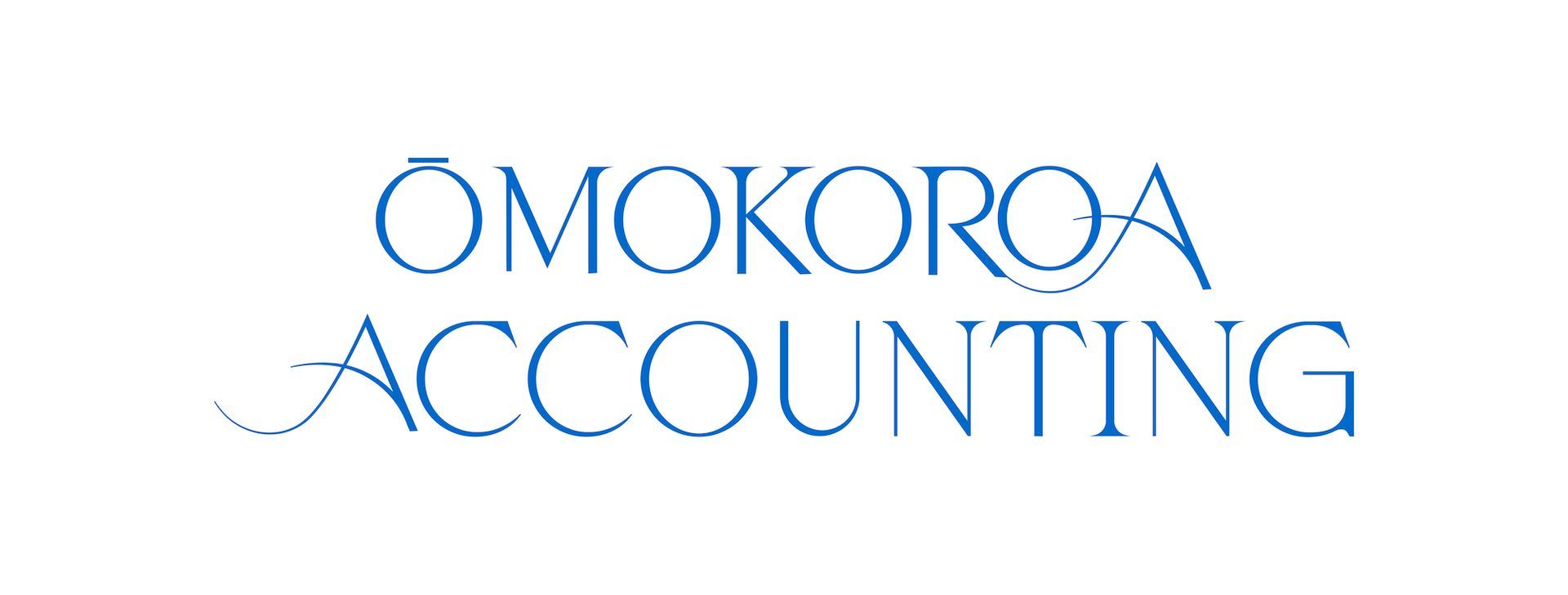Is a trust still worthwhile given the recent legislation changes?
In January 2021, there was a complete overhaul of the NZ Trust Law. This replaced the Trustee Act 1956. Since then, one of the most common questions we have been asked by our clients is, ‘Is it still worth having a trust given the recent changes to the Trust Law?’
The recent changes in legislation have made the management of tax and compliance for a family trust more rigorous to ensure the financials are properly managed. We always recommend that you seek thorough legal advice from an experienced lawyer before making any decisions about your trust.
Given the recent changes, it is understandable that many of our clients are asking ‘Is it worth it?’
Our answer to this is, why did you set up the trust in the first place? Have your circumstances changed, and is it, therefore, still relevant? For example, let’s say you owned a small business as a builder, and you set up your trust to protect your family home asset from potential claims, creditors, or failure of a business venture. However, you’ve since retired. Do you still need your family home in a trust?
Given the obligations required now under the NZ Trust Law; the duties and responsibilities of the Trustees, and the time and cost involved in meeting these obligations, it may no longer be worthwhile.
Trusts are mainly used for asset protection so you may wish for a family trust to own your family home or the majority shares in your company. This keeps your personal and trust assets separate and ensures your trust assets are better protected against claims by creditors.
Is it still worth having your rental investments owned by a trust? It is quite common for rental properties to be held in a trust, but due to the IRD’s recent residential rental income rules e.g. ringfencing, bright-line and interest deductibility, is it still worth it? Family trusts serve the purpose of safeguarding your assets, to ensure the ongoing benefit for your family members even after our lifetime. Once your asset is placed in a family trust and a gifting programme has been carried out, you relinquish legal ownership of it, and the asset becomes the property of the trust managed by the trustees.
Family trusts can be complex and time-consuming to administer. It costs money to set them up and there are generally ongoing legal and accounting fees. There is also a cost to ceasing a trust. There are many factors to consider, and each individual situation is different. That’s why we highly recommend you talk to your lawyer and accountant before making any decisions.
At Ōmokoroa Accounting we understand the practicalities of trusts. With our experience, we can assist you with the financial reporting requirements according to the Trust Law and IRD disclosure requirements. Contact the team to find out more.


